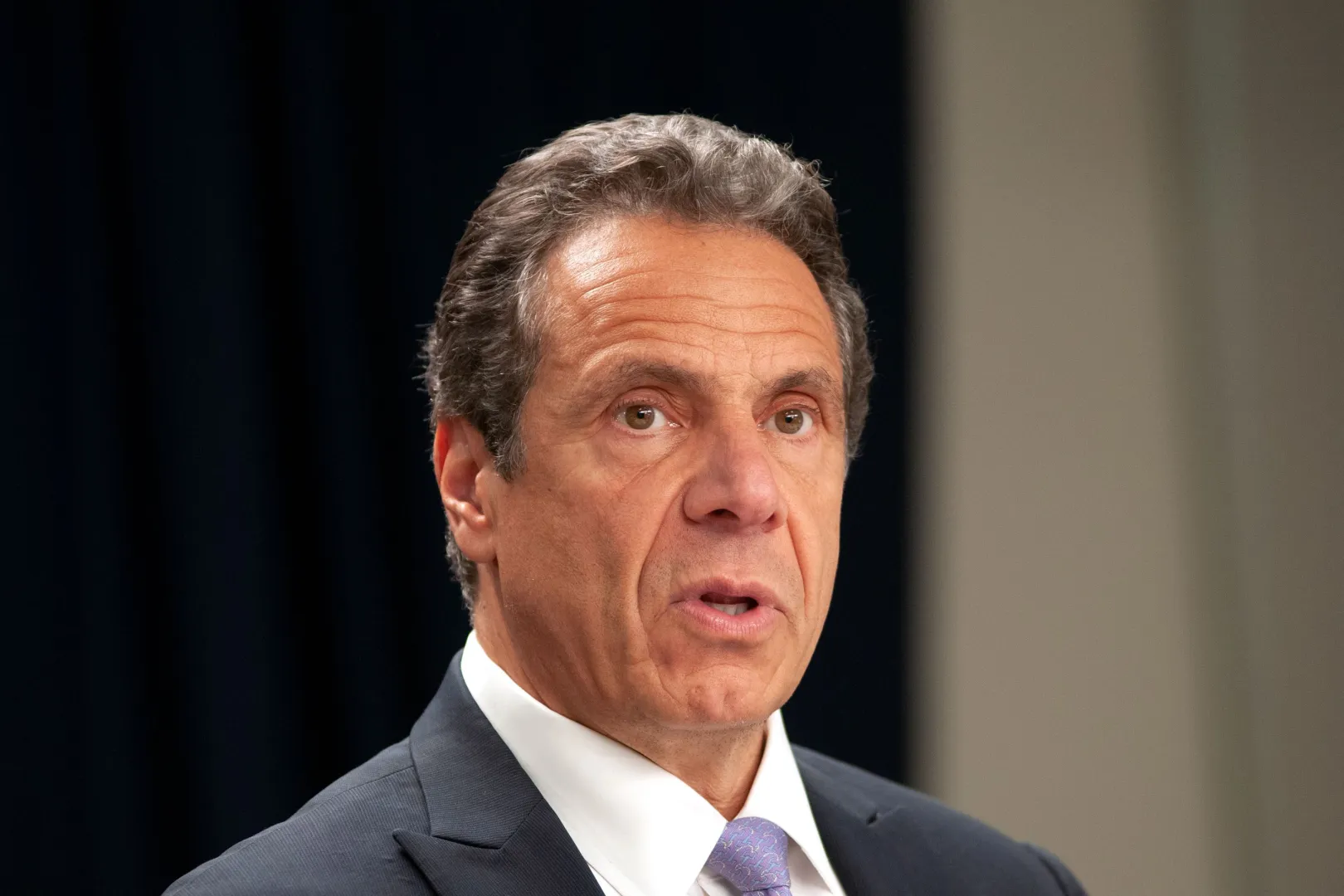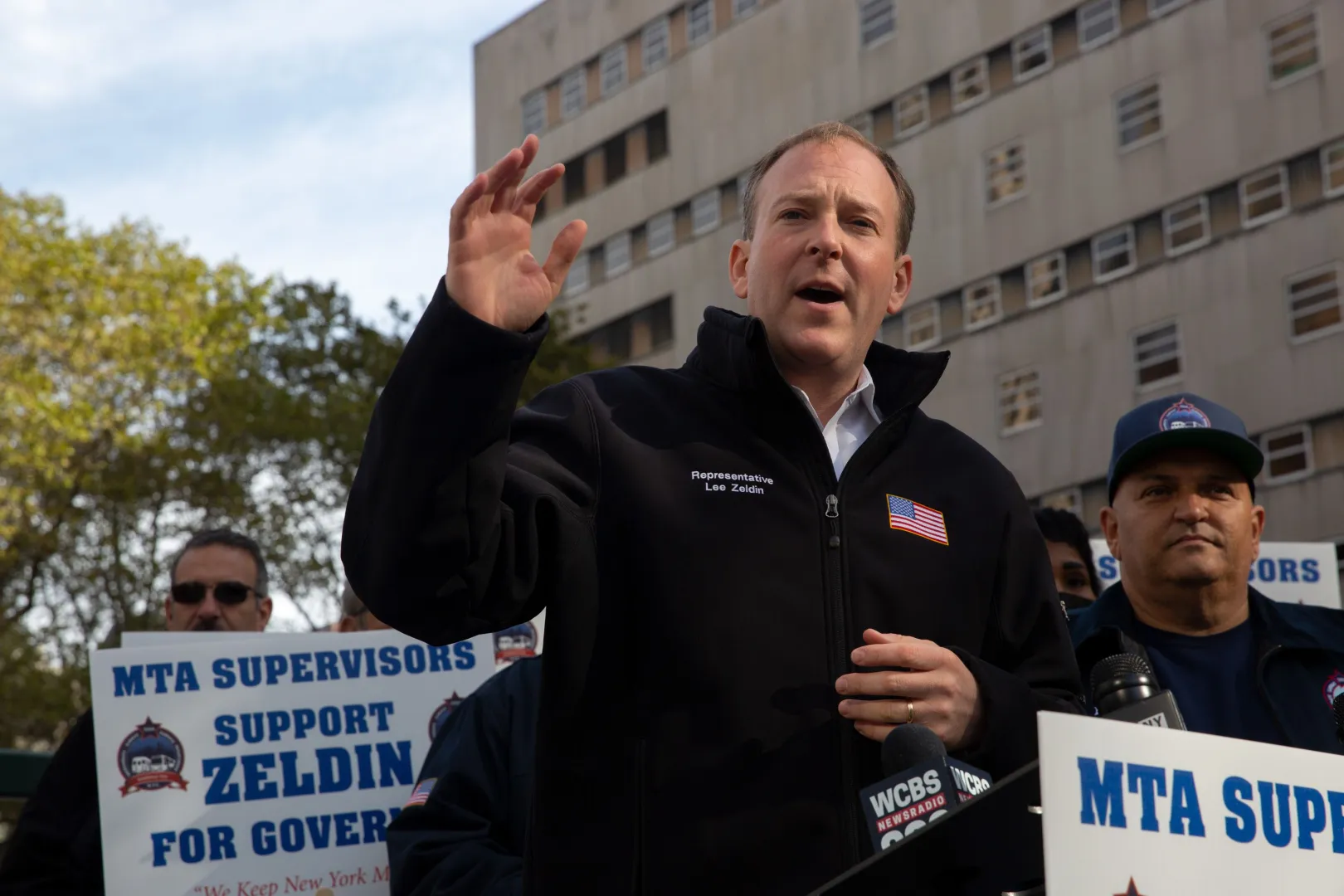At yesterday’s jaw-dropping senate hearing, Supreme Court Nominee Brett Kavanaugh acted like a “man who expects, rightly, to be confirmed on a party-line vote–or not at all,” according to New York Times reporter Nick Confessore (who covered City Hall and Albany before going national).
The two presentations couldn’t have been more divergent — Professor Christine Blasey Ford, delivering a calm, measured recitation of an assault that took place nearly 40 years ago, and Judge Kavanaugh, with “volatile and belligerent” denial (along with admitting to bad judgement as a teen, like with his high school yearbook message).
While the hearing may have done little to sway the undecided (anyone, undecided these days?), the vote that will determine whether Kavanaugh gets confirmed to join the Supreme Court are, basically, on the shoulders of a handful of Senators — likeSusan Collins of Maine, Lisa Murkowski of Alaska, and retiring Jeff Flake, of Arizona.
The Senate is slated to begin voting on Kavanaugh’s nomination as early as today.
What impact will all that have on the rest of the millions of people who watched the hearings?The November midterm elections just weeks away … Will this drive more women, Democrats and progressives to the polls? Or, taking a lead from Senator Lindsey Graham of South Carolina, will Republicans feel they’ve been railroaded and need to fight back?
This is the backdrop New York and every other state finds themselves now. While New York is a reliably Blue State in the presidential elections, there are a number of local races here that will help decide whether Democrats or Republicans control Albany and Washington.
Here’s a quick snapshot of them, based on conversations with Republican and Democratic operatives, and sites like The Cook Political Reportand Ballotpedia.
STATE SENATE
There’s 63 seats in the chamber, and the contested races are mostly in the suburbs, where longtime Republicans who have fat campaign accounts represent districts where there are slightly more registered Democrats than Republicans. But there’s an sizable number of voters not registered in any party (blanks) who could swing the election.

CONGRESS
Of the 26 House seats in New York, four are considered competitive and two of them — just north of New York City — are toss-ups.
On Staten Island and Southern Brooklyn (NY-11), Rep. Dan Donovan is being challenged by Max Rose, who won a crowded Democratic primary and describes himself as “the first post-9/11 combat veteran of the war in Afghanistan to seek office in New York City.” Donovan initially distanced himself from Trump, but embraced the president during his own Republican primary. Will Donovan’s embrace of Trump hurt him as he heads into the general election?
North of New York City, (NY-19), Rep. John Faso, a Republican, is facing Democrat Antonio Delgado, a Rhode Scholar and upstate native who has been endorsed by Barack Obama. But Delgado has mostly gotten attention (i.e. attacked) for his former career as a rapper. The district leans Republican but not that much, and the attacks on Delgado has energized his supporters.
Next door (NY-22), Rep. Claudia Tenney, a Republican who won her 2016 election with less than 50 percent of the vote, is being challenged by Democrat Anthony Brindisi. As of July, Brindisi had a slight fund-raising advantage, which he’ll need since the district leans a more Republican.
Further north in Buffalo (NY-27), is Rep. Chris Collins, a Republican who was recently indictment on federal charges for insider trading. He’s running for re-election and unleashed an attack ad showing his Democratic opponent, Nate Murray, speaking Korean. The ad tells viewers in the rust-town district that Murray wants to send their jobs overseas. Collins has been criticized for the ad, which signals how he plans to seek re-election: by attacking his opponent, rather than touting his own record, which includes years as a business executive and county executive before his 2012 election to congress.

WHO SAID IT:
Scott Stringer, New York City Comptroller, or Stringer Bell, the drug kingpin played by actor Idris Elba in The Wire?
— by Harry Siegel
- (The youngsters?) Look, I’m going to empower this generation.… learning how to work the system. I had to learn it when I was 30; and they will learn it as well.
- You have any idea what I had to do to get where I am today? When I say I’m ready, you best believe it.
- If the man coming, make ready for the man.
- I don’t think it has to be about me vs. new people. Why not embrace new people and collectively work?
- Everybody making money sharing the real estate.
- This wasn’t my first rodeo. I was paroled after 13 years (from a place where hope) dies in the middle of the night or is never heard—and that was the fault of the collective system.
- You gotta be fierce, I know that, but more than that, you gotta show some flex, give and take on both sides.
ANSWERS: Stringer said quotes number 1, 4, and 6.




